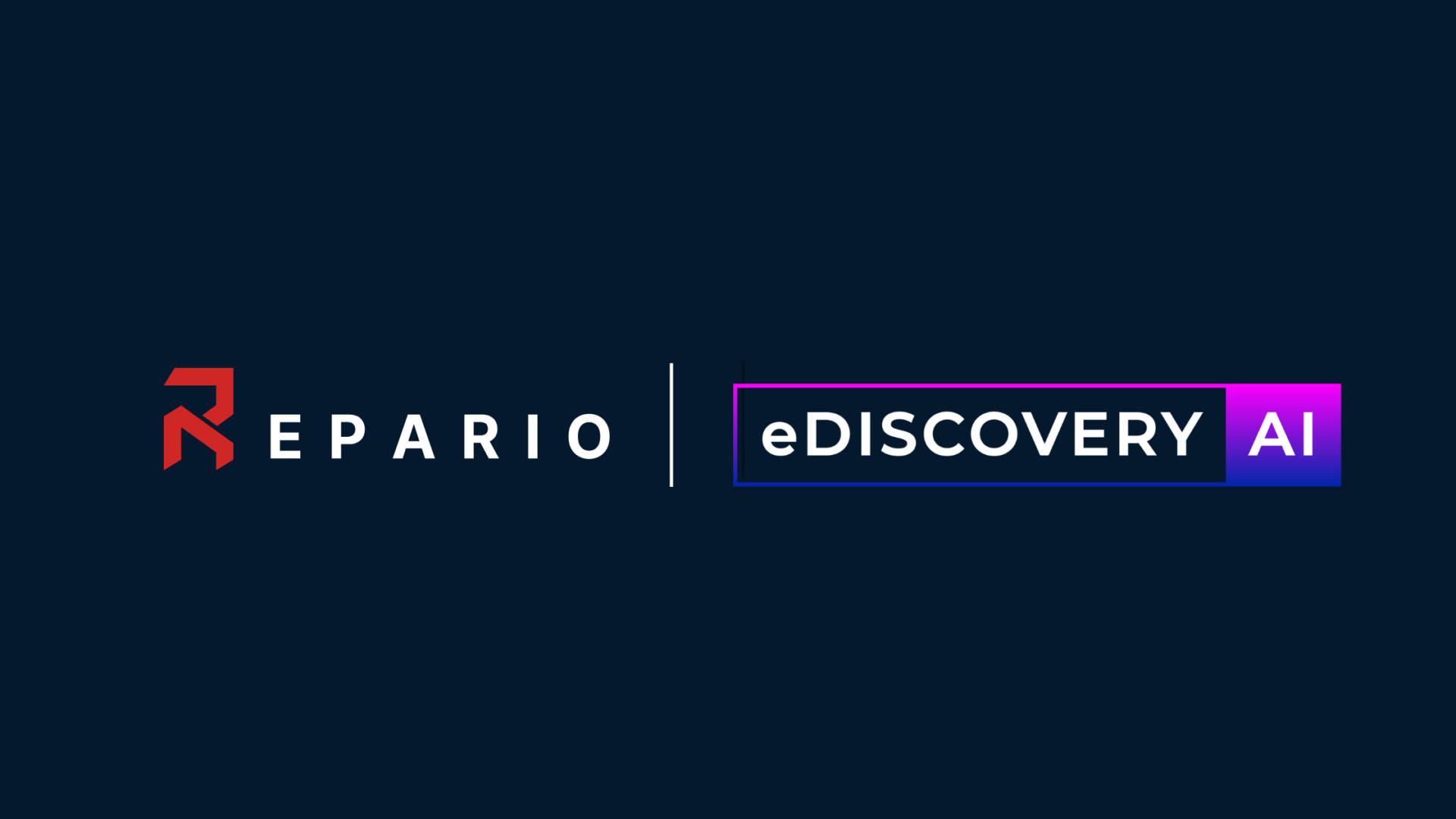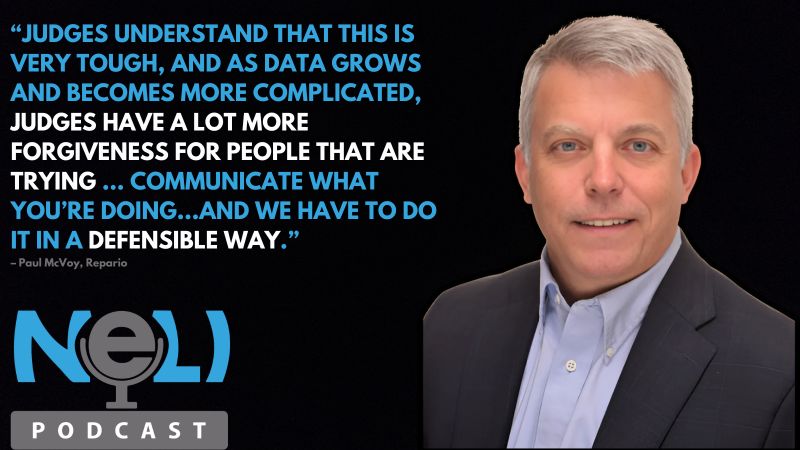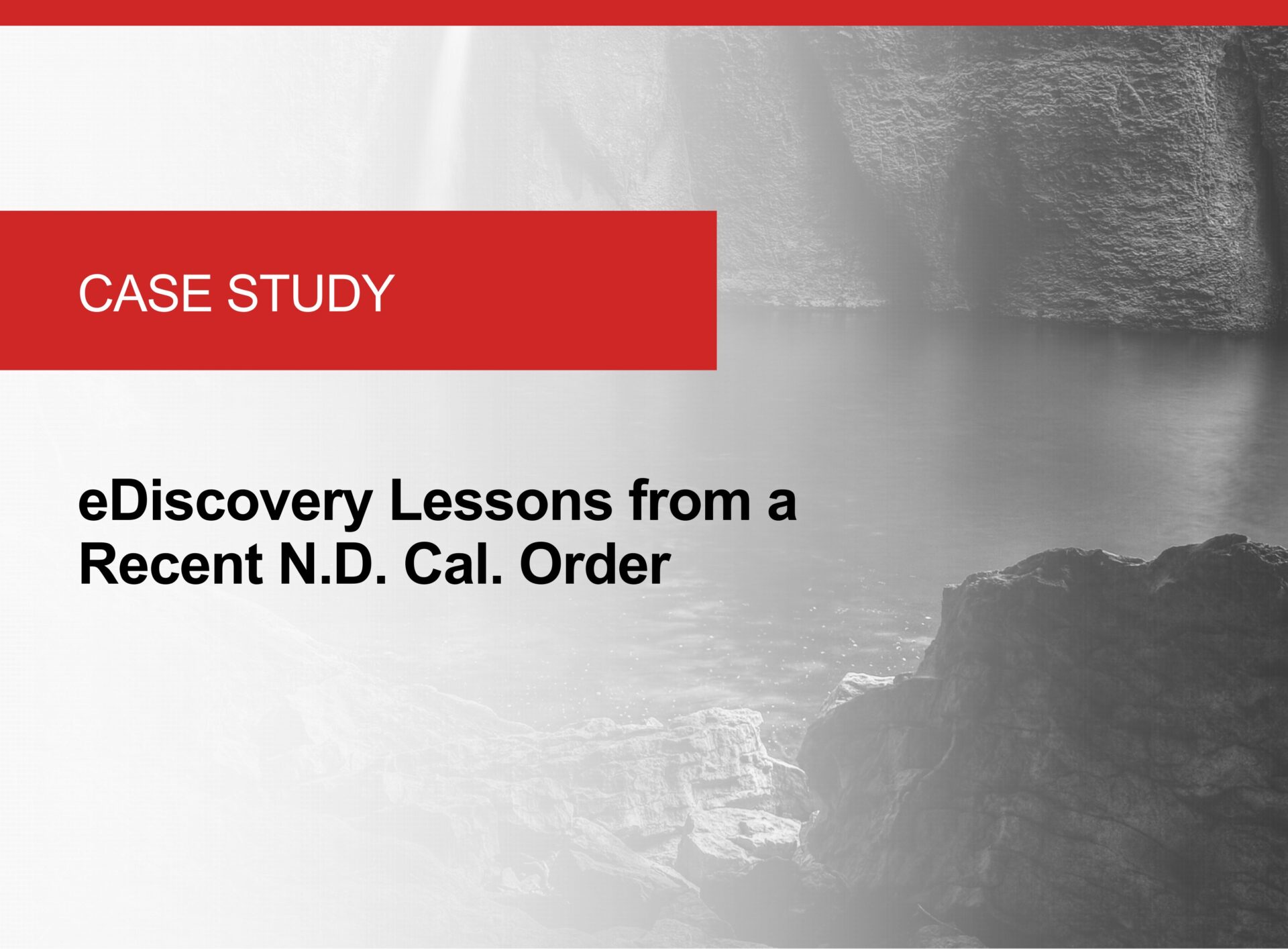Challenges and Practical Solutions for Navigating the Legal Hold Process

In our increasingly digital world, the legal hold process is crucial to litigation and regulatory investigations. It safeguards pertinent data, preventing spoliation and upholding the integrity of evidence. The rise of modern data sources—think cloud-based platforms, social media, and collaboration tools—has complicated the legal hold process. In this article, we delve into the main challenges involved in handling legal holds in today’s data landscape and provide practical solutions to tackle these hurdles head-on.
Handling a Vast and Varied Data Landscape
The Challenge: Today’s digital communication avenues have dramatically expanded the scope, diversity, and speed of data creation. Imagine a corporation embroiled in a lawsuit with pertinent data spread across emails, instant messaging apps, cloud storage, and social media. The complex web of information can be daunting, to say the least.
The Practical Solution: Employ data collection and preservation tools with the capacity to handle a broad spectrum of sources. These tools should be proficient in capturing data from email servers, cloud storage, collaborative platforms, and social media networks.
Addressing Data Privacy and Security Concerns
The Challenge: In an era marked by heightened awareness of data privacy and stringent regulations, it’s critical to balance legal hold processes with protecting sensitive data and PII/PHI. It’s common for companies to be required to conserve client data for a legal issue while adhering to GDPR, for example.
The Practical Solution: Develop a legal hold process that respects privacy, correctly redacting personal data and complying with data privacy regulations. Methods like data masking or anonymization can secure sensitive information while retaining the necessary data for litigation or regulatory compliance.
Navigating Remote Work and Mobile Device Use
The Challenge: Remote work and the use of mobile devices have brought unique challenges for the legal hold process. With employees scattered across various locations and using personal devices for work, data preservation becomes complicated.
The Practical Solution: Develop comprehensive policies around using personal devices for work and data preservation. Use mobile device management solutions that allow for remote data collection while maintaining privacy. Simultaneously, run employee training programs to familiarize them with their roles during the legal hold process.
Ensuring Effective Data Retention Policies and Governance
The Challenge: Organizations with strong data retention policies and effective data governance are better equipped to navigate the legal hold process. In their absence, identifying and preserving relevant data can become an uphill task with data strewn across multiple storage locations and outdated systems.
The Practical Solution: Implement a robust data retention policy, outlining the retention periods for different data types. Periodically review and update the policy in line with legal and regulatory changes. Incorporate data governance practices like data mapping and information lifecycle management to streamline data identification and preservation.
Tackling Technological Complexity
The Challenge: As technology advances, data storage systems and formats become increasingly complex. The legal hold process must be nimble enough to preserve data across multiple formats.
The Practical Solution: Deploy eDiscovery software and data management solutions capable of managing diverse data formats and automating the legal hold process. Alongside, invest in skill development and training for legal and IT teams to handle these tools effectively.
Promoting Clear Communication and Collaboration
The Challenge: Coherent communication and collaboration among legal teams, IT departments, and custodians are pivotal to a successful legal hold process. But maintaining clear lines of communication and achieving compliance can be challenging.
The Practical Solution: Foster effective communication channels, establish clear expectations, and offer thorough guidance to custodians to encourage compliance with legal hold obligations. Automated reminders can also help streamline communication.
Organizations in the modern data era must adapt and fine-tune their strategies to effectively manage legal holds and preserve pertinent data. By understanding these complexities, nurturing skills and stakeholder relationships, and implementing practical solutions, legal teams can address these challenges head-on, thus supporting litigation readiness and regulatory compliance.




